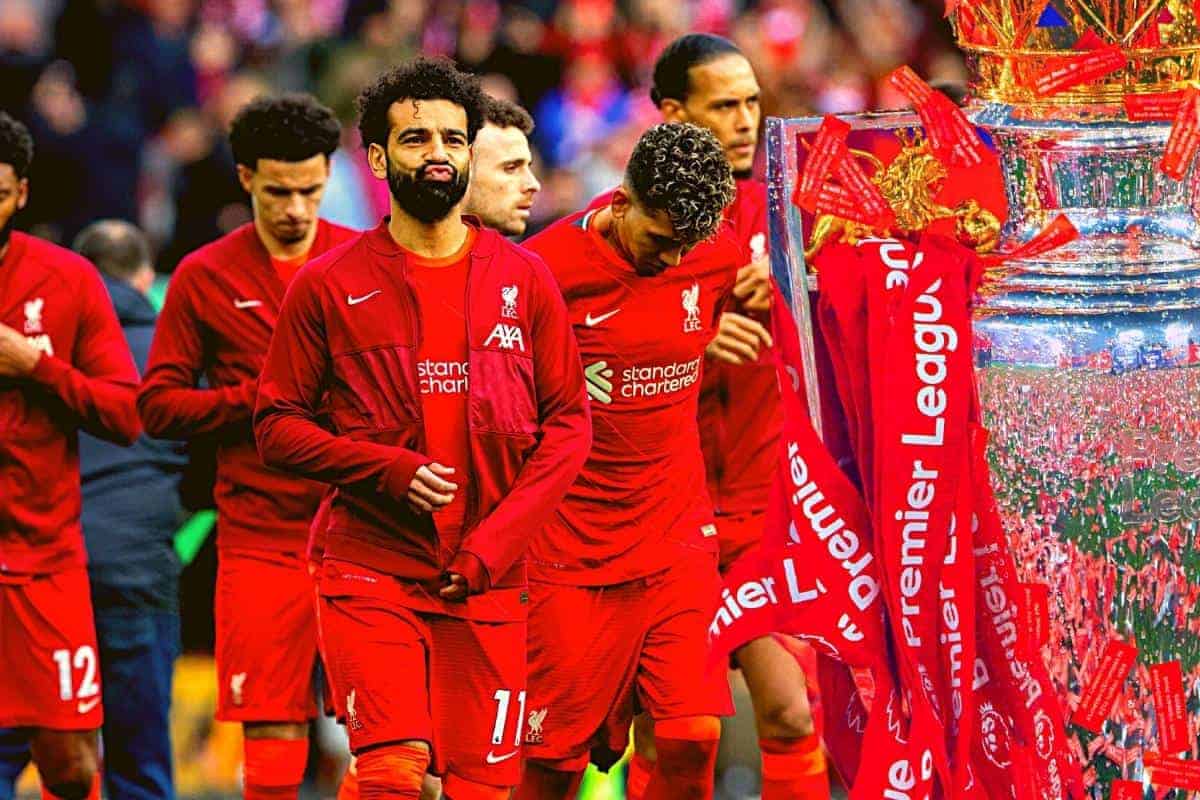FIFA To Approve Major Club World Cup Rule Change Impacting Premier League Clubs

FIFA are once again rewriting the script of world football, and this time the story has massive consequences for Premier League clubs. A decision has been made that could change the way English giants approach global tournaments, a decision that arrives after months of frustration, debates, and behind-the-scenes negotiations. Football’s governing body is set to approve a major change to the Club World Cup that will directly impact Liverpool, Arsenal and Manchester City, and it has already sent shockwaves through Europe’s biggest football institutions.
This summer, the inaugural expanded Club World Cup was staged in the United States, a 32-team festival of football that promised to reshape how global fans view club competitions. The tournament ended with Chelsea defeating Paris Saint-Germain, a result that shocked many but also highlighted the unpredictable charm of the new system. But behind the smiles and celebrations, FIFA officials were far from satisfied. For them, something was missing. It was not just about the football; it was about the absence of some of the world’s biggest names. The tournament, as grand as it was, did not have the champions of England, Spain, or Italy. Liverpool, Barcelona, and Napoli were forced to watch from home, not because they lacked quality, but because of a cap on entries from each country. Only two clubs per nation were allowed, meaning that even some of Europe’s greatest teams were left out of what was supposed to be the biggest club competition on earth.
That exclusion caused anger. Fans of Liverpool in particular could not believe that their club, a team with one of the highest UEFA coefficients, and fresh from winning the Premier League, were not present. Barcelona supporters echoed similar frustrations. Napoli fans argued that being champions of Italy should be enough to guarantee a place. FIFA officials listened, and after months of internal debates, the decision has been made: the cap is going to be raised. Instead of just two teams per country, three clubs from each nation will now be able to compete in the 2029 edition of the tournament.
This might look like a small change on paper, but its impact is huge. It means that England, the strongest domestic league in the world, can now have three representatives. For Liverpool, Arsenal, and Manchester City, this opens the door to opportunities that were previously shut. The Premier League’s power will be showcased to the fullest, with three clubs potentially carrying English football on the global stage. The same applies to Spain and Italy, who will now have greater representation and fewer complaints about unfair exclusion.
Victor Montagliani, FIFA’s vice president, addressed the matter publicly. He compared the new tournament to a business that had just launched its first product. After the first edition, he said, you always ask the key questions: do you have the right product, do you have enough people, is the balance correct? And the answer FIFA came to was simple: there needed to be more flexibility. Stakeholders like the ECA (European Club Association) will continue to be consulted, but FIFA believes this adjustment is the right step to make the Club World Cup a truly global competition, not one with glaring absences.
The qualification process remains largely the same. Clubs can qualify either by winning the Champions League within a four-year cycle or through UEFA’s club coefficient rankings, which reward consistent performance in Europe. For Liverpool, this is particularly important. Despite winning the Premier League and having one of the best coefficients in England, they missed out this summer because Chelsea and Manchester City had Champions League triumphs in the relevant timeframe. That frustration will not happen again under the new system.
Currently, Manchester City and Liverpool sit fourth and fifth in the UEFA coefficient rankings, making them the strongest English clubs in Europe. Arsenal are 11th, closely followed by Chelsea in 12th, while Manchester United sit in 16th. But United’s absence from European competition this year is likely to cause a dip in their ranking, which could cost them in future qualification battles. The new rule, however, increases the chances that at least three of these English powerhouses will be involved.
FIFA’s ambition doesn’t stop there. While the 2025 tournament had 32 teams, there are already talks about expanding to 48. The logic is simple: if the World Cup for nations can grow, why can’t the World Cup for clubs? But UEFA is cautious. Reports from The Times confirm that UEFA will not oppose the lifting of the cap to three teams per nation, but they do not want further expansion or a shift to a biennial tournament. European football’s governing body fears that too much expansion will water down the quality and also add more strain to already overloaded schedules.
For now, though, the focus is on 2029. FIFA has yet to confirm the host nation, but reports suggest Spain and Morocco are the leading candidates. A joint bid would make sense, especially given Morocco’s recent rise in football prominence after hosting parts of the 2030 World Cup alongside Spain and Portugal. Qatar, once thought to be a contender, is now ruled out due to the summer scheduling, which makes conditions difficult in the Gulf.
For Liverpool, Arsenal, and Manchester City, this is a lifeline. The Club World Cup is not just another competition; it is an opportunity to show dominance on the global stage, to compete against South American giants, against Mexican clubs, against Asia’s best. It is about prestige, history, and global branding. Missing out was not just a sporting blow, it was a financial one too. The exposure, the sponsorships, the global fan engagement – all of these are tied to being present in a tournament of this scale. Raising the cap means England’s giants will now rarely be left out.
The first edition in the United States gave fans a glimpse of what this new competition could be, but it also left a bitter taste for those excluded. Now, with this adjustment, the Club World Cup of 2029 promises to be even bigger, stronger, and fairer. Premier League clubs, already used to fighting each other tooth and nail domestically, will now carry that rivalry onto the global stage with more seats at the table.
Football is always evolving, and FIFA’s decision proves that the governing body is listening – not always perfectly, not always quickly, but listening nonetheless. The cap of two per nation was never sustainable, not when the modern game is dominated by a handful of elite leagues. Three might not be perfect either, but it is progress. And for clubs like Liverpool, Arsenal, and Manchester City, progress is all they needed.
The 2029 Club World Cup is still years away, but already the conversations have begun. Fans are debating which clubs will make it, managers are planning how to balance their squads, and players are dreaming of lifting a trophy that grows in prestige with every edition. Chelsea may have won the first expanded version, but the competition is only just beginning. And with the new rules in place, the battle for global supremacy is about to get even more intense.















